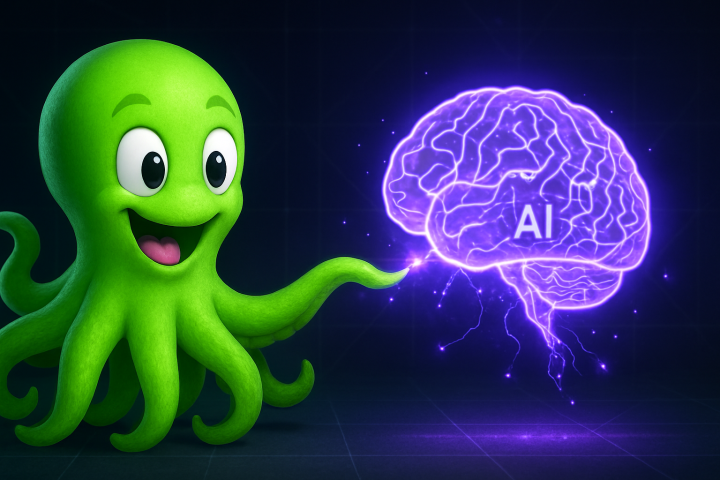Vitamins are vital micronutrients that play a critical role in maintaining our health and physiological functions.
A deficiency in any essential vitamin can result in various symptoms—ranging from mild discomfort to serious health complications if not addressed in time.
Below is an overview of the key symptoms associated with the deficiency of major vitamins.
Vitamin A (The Eye and Skin Vitamin)
Function:
Supports vision, skin regeneration, and immune system function.
Symptoms of Deficiency:
Poor night vision.
Dry or scaly skin.
Increased susceptibility to infections.
Dry eyes or mouth sores.

Vitamin D (The Sunshine Vitamin)
Function:
Promotes calcium absorption, maintains bone strength, and enhances mood regulation.
Symptoms of Deficiency:
Persistent bone and muscle pain.
Generalized muscle weakness.
Mood swings or depression.
Slow wound healing.
Frequent colds or flu-like symptoms.
Vitamin B12 (The Nerve and Energy Vitamin)
Function:
Essential for red blood cell formation and neurological health.
Symptoms of Deficiency:
Constant fatigue despite rest.
General body weakness.
Numbness or tingling in hands and feet.
Memory lapses or difficulty concentrating.
Pale or yellowish skin tone.
Shortness of breath and rapid heartbeat.
Vitamin B6 (The Brain and Skin Vitamin)
Function:
Involved in neurotransmitter production, mood regulation, and skin health.
Symptoms of Deficiency:
Chronic tiredness and fatigue.
Irritability and mood swings.
Depression or unexplained sadness.
Skin inflammation, especially around the eyes and mouth.
Cracks at the corners of the lips.
Poor appetite and sleep disturbances.
Vitamin deficiencies can significantly impair one’s quality of life. Maintaining a nutrient-rich, balanced diet and seeking medical advice when unusual symptoms appear are essential steps.
Early detection and appropriate supplementation can restore the body’s balance and prevent further complications.
Also Read: Dehydration Symptoms: When Your Body Sends Silent Signals

















